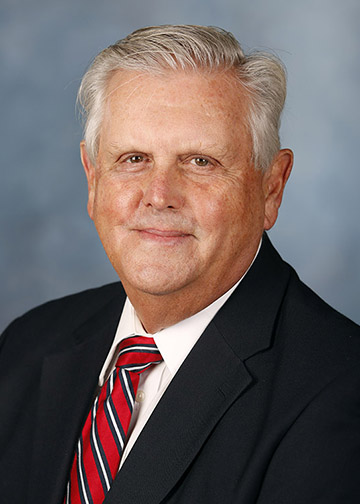
Education Commissioner Terry Holliday
Earlier this month, the Kentucky Department of Education (KDE) held the second annual Superintendent Summit; almost all 173 school districts were represented either by the superintendent or their designee. The summit is designed so that superintendents can provide feedback on KDE initiatives and they can hear from one another about best practices happening in each district.
We asked for superintendents to respond to three basic questions about KDE/Kentucky Board of Education (KBE) initiatives: What is working well? What needs to be improved? What specific suggestions do you have for improvement? We then compile the superintendents’ responses and provide a summary of the feedback. Throughout the school year, KDE reacts to concerns and suggestions and provides a summary at the next summit on specific actions KDE/KBE took to address the superintendent’s feedback.
During this year’s summit, I was reminded that every level of an organization believes the level above is micromanaging. Superintendents were certainly clear that they had concerns about KDE micromanagement of local districts and KDE oversight of data and evidences for specific state programs. Of course, principals usually express similar concerns about superintendents and teachers express similar concerns about principals and the district office. This reminder was significant because as a state chief, I have expressed similar concerns with the United States Department of Education (USED). Many of my fellow state chiefs have expressed similar concerns.
Readers may remember several recent posts related to my concerns with USED over the No Child Left Behind waiver process (USED action contrary to state, federal law; The good news and bad news on NCLB waivers; Congressional inaction leaving education behind). As a result of my blogs and expressions of concerns by other state chiefs, Education Secretary Arne Duncan asked for a meeting with the board of directors of the Council of Chief State School Officers (CCSSO). That meeting was held on Sept. 12.
The meeting was a very productive. Secretary Duncan and his team wanted to hear our specific concerns about the waiver process. The concerns expressed by my fellow chiefs were very much the same that I had written about. Secretary Duncan and his team had already prepared some possible solutions to our concerns. Secretary Duncan apologized for the breakdown in communication with regard to Kentucky’s waiver request around science assessments. All in all, the chiefs felt they had been listened to and USED was responding to our concerns. Just like my meeting with local superintendents, a leader should listen to concerns from the field and respond with improvements where possible and explain why certain concerns cannot be addressed.
While the chiefs certainly appreciate Secretary Duncan listening and responding to our concerns, the entire basis for the conversation needs to change. Congress needs to do its job. Education must not fall victim to micromanagement by political interests on either side of the aisle – if it does, our children are the ones who lose. Congress needs to reauthorize the Elementary and Secondary Education Act (No Child Left Behind) and allow states the flexibility to manage K-12 education as long as there is a focus on improving teaching and learning.
With upcoming mid-term elections, the electorate has an opportunity to send our elected officials a message – do your job!


Leave A Comment